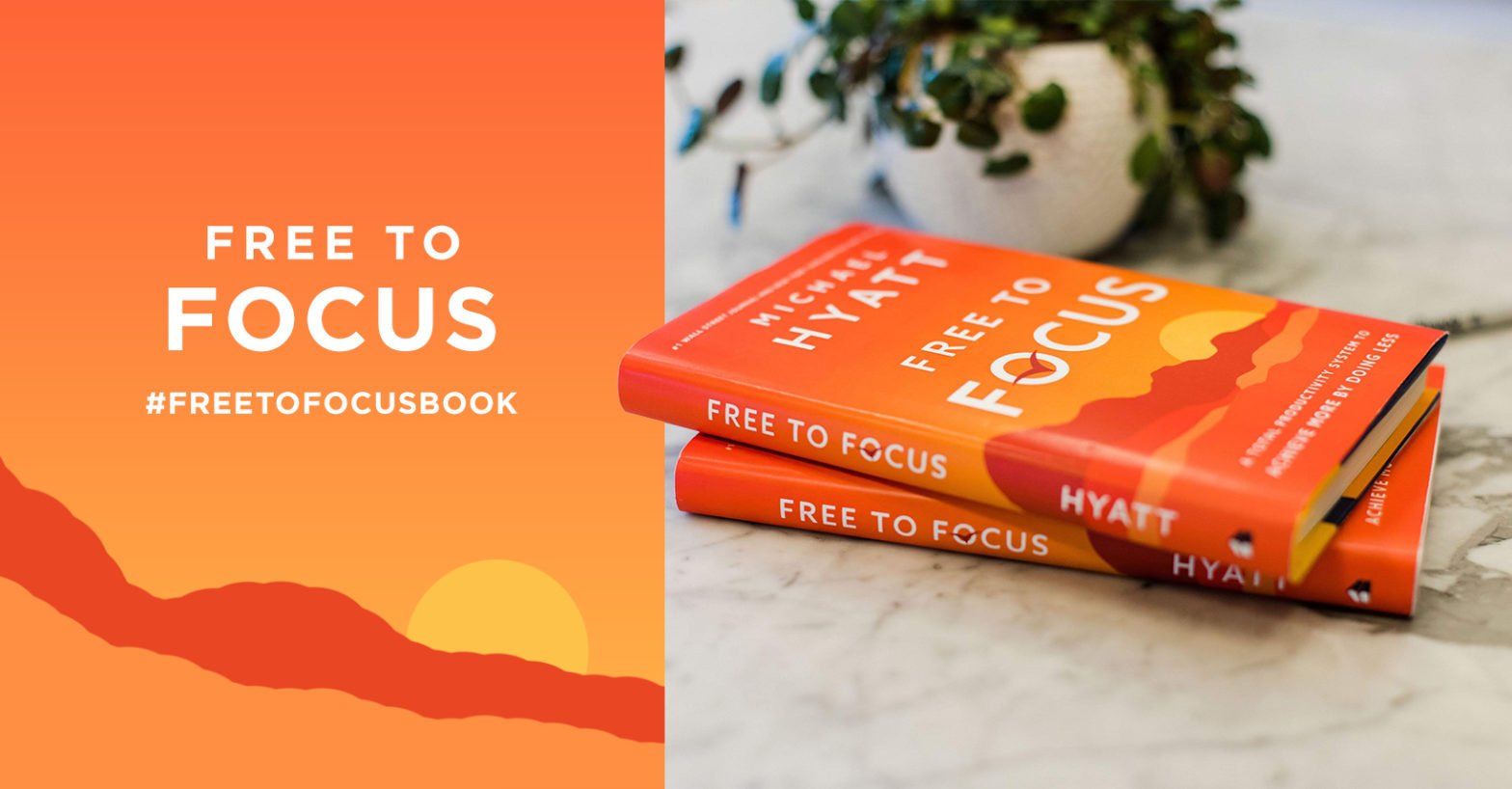Tag: Work
Daily Gleanings: Ros Barber (13 August 2019)
Freedom interviews Ros Barber on how to nurture the focus necessary for academic and creative writing.
Daily Gleanings (16 July 2019)
In another “not just for dudes” episode, Brett McKay interviews Albert-László Barabási about his book The Formula (Little, Brown, & Co., 2018). Barabási’s background in network science brings an interesting, research-driven perspective to the discussion. There are a number of ready analogues in the interview to study and work in academia. Since Barabási is himself an…
Daily Gleanings (20 June 2019)
Michael Kruger gives “7 Tips on How to Survive an Ordination Exam.” On reading these suggestions, it strikes me that they are also fairly applicable—some with a little tweaking—to surviving the interview process for a faculty position at a confessional institution. Todoist discusses how to “eat the frog”—i.e., how to focus on one next high-importance…
%22%20transform%3D%22translate(3%203)%20scale(6.125)%22%20fill-opacity%3D%22.5%22%3E%3Cellipse%20fill%3D%22%2386cdff%22%20rx%3D%221%22%20ry%3D%221%22%20transform%3D%22matrix(-12.86864%2025.192%20-47.74798%20-24.39074%20238.6%207.7)%22%2F%3E%3Cellipse%20fill%3D%22%23c8cccf%22%20rx%3D%221%22%20ry%3D%221%22%20transform%3D%22matrix(-1.6448%2022.9462%20-88.94727%20-6.37582%20190%20128)%22%2F%3E%3Cellipse%20fill%3D%22%23ff820a%22%20cx%3D%2232%22%20cy%3D%22111%22%20rx%3D%2260%22%20ry%3D%22129%22%2F%3E%3Cellipse%20fill%3D%22%237b6641%22%20rx%3D%221%22%20ry%3D%221%22%20transform%3D%22matrix(-45.44239%20-81.64386%2029.07682%20-16.18395%20168.2%2013.3)%22%2F%3E%3C%2Fg%3E%3C%2Fsvg%3E)
Are You Free to Focus? (Part 6: Takeaways)
The past few weeks, we’ve been discussing Michael Hyatt’s new book, Free to Focus.1 We’ve given some general context for the book and discussed each of its three major sections on stopping, cutting, and acting. Then, last week, we offered an general assessment of the book and its proposal to “achieve more by doing less.”…
%22%20transform%3D%22translate(3%203)%20scale(6.125)%22%20fill-opacity%3D%22.5%22%3E%3Cellipse%20fill%3D%22%2386cdff%22%20rx%3D%221%22%20ry%3D%221%22%20transform%3D%22matrix(-12.86864%2025.192%20-47.74798%20-24.39074%20238.6%207.7)%22%2F%3E%3Cellipse%20fill%3D%22%23c8cccf%22%20rx%3D%221%22%20ry%3D%221%22%20transform%3D%22matrix(-1.6448%2022.9462%20-88.94727%20-6.37582%20190%20128)%22%2F%3E%3Cellipse%20fill%3D%22%23ff820a%22%20cx%3D%2232%22%20cy%3D%22111%22%20rx%3D%2260%22%20ry%3D%22129%22%2F%3E%3Cellipse%20fill%3D%22%237b6641%22%20rx%3D%221%22%20ry%3D%221%22%20transform%3D%22matrix(-45.44239%20-81.64386%2029.07682%20-16.18395%20168.2%2013.3)%22%2F%3E%3C%2Fg%3E%3C%2Fsvg%3E)
Are You Free to Focus? (Part 5: Assessment)
The past few weeks, we’ve been discussing Michael Hyatt’s new book, Free to Focus.1 Thus far, we’ve given some general context for the book and discussed each of its three major sections on stopping, cutting, and acting. This week, we offer an general assessment of the book and its proposal to “achieve more by doing…
Are You Free to Focus? (Part 4: Acting)
This week, we continue reviewing some highlights from Michael Hyatt’s new book, Free to Focus, and treat the final section on “action.” If you haven’t done so yet, be sure to read the prior introduction to the book and our discussions of stopping and cutting. These will each provide necessary context for this final part…
